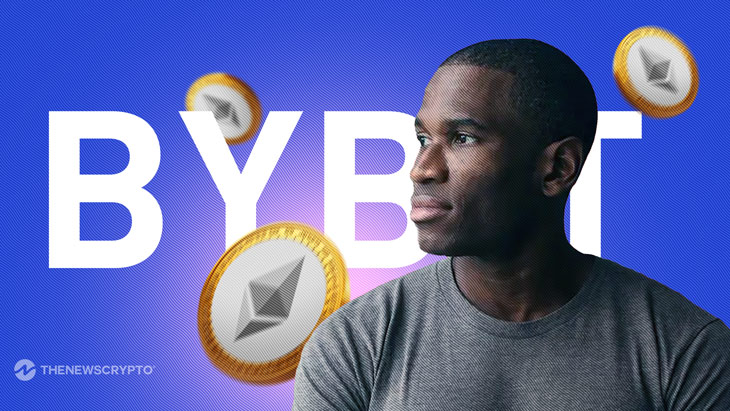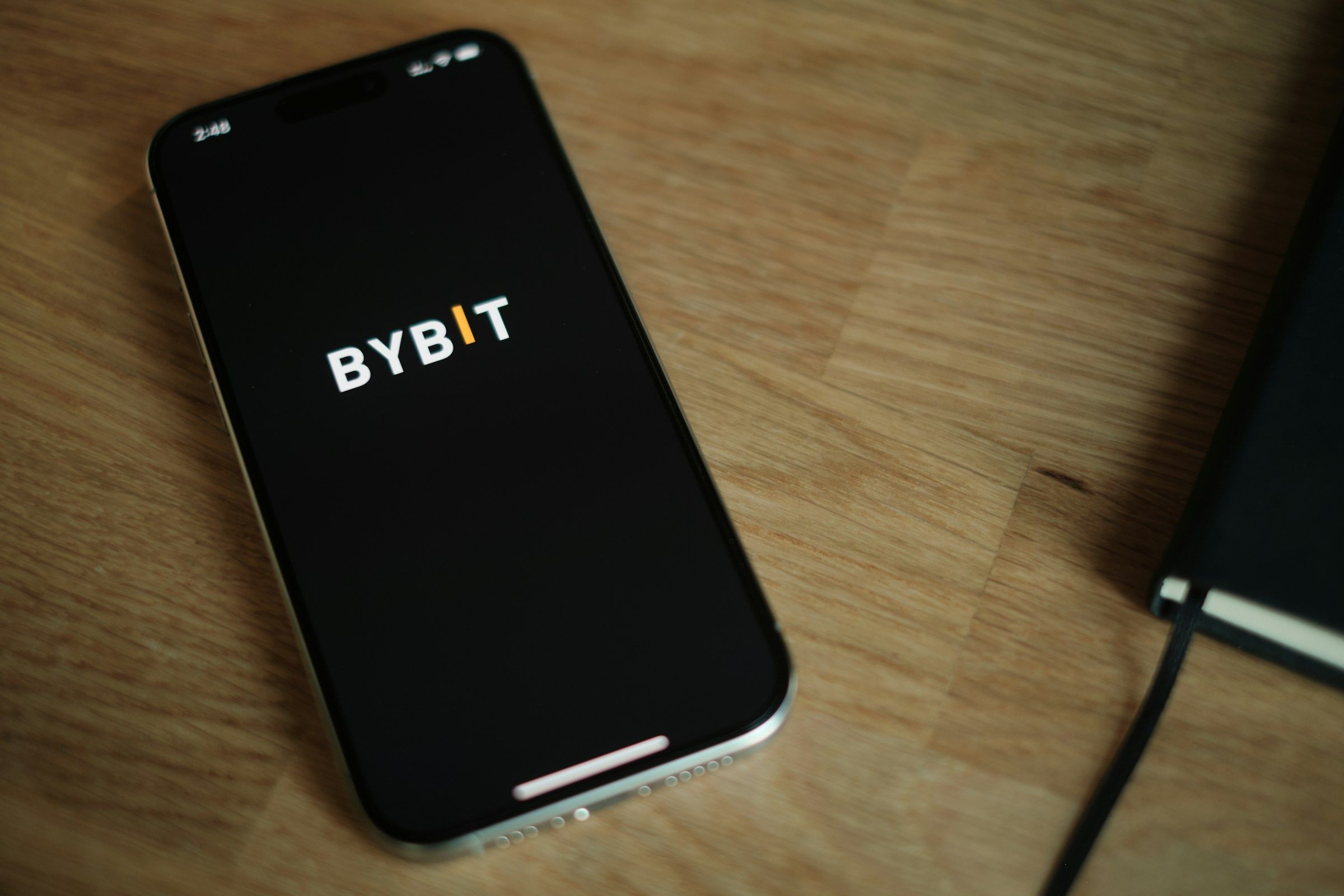The Ethereum Network and the Bybit Hack: A Controversial Proposal
The Ethereum network, a decentralized platform for building decentralized applications (dApps), has been the subject of much controversy recently due to the Bybit hack, which resulted in the loss of over $100 million worth of Ethereum. Some community members, including Arthur Heyes, have proposed a radical solution: rolling back the Ethereum blockchain to before the hack occurred.
The Proposed Solution: A Risky Move
The idea of rolling back the Ethereum blockchain is not a new one, but it has gained renewed attention in the wake of the Bybit hack. Heyes, a well-known figure in the Ethereum community, has advocated for this solution, arguing that it is the only way to restore the stolen funds to their rightful owners. However, this proposal has met with strong opposition from many in the Ethereum community.
Opposition to the Proposal
The primary concern of those opposing the proposal is the potential impact on the entire Ethereum ecosystem and its interlinked systems. Rolling back the blockchain would require a hard fork, which would create a new version of the Ethereum blockchain with all transactions up to the point of the fork still valid, but all subsequent transactions nullified. This could lead to a fracturing of the Ethereum community, with some miners and users continuing to use the old version of the blockchain and others using the new one.
The Risks of a Hard Fork
A hard fork is a significant event in the Ethereum network, and there are numerous risks associated with it. One of the most significant risks is the potential for a permanent split in the Ethereum community. This could lead to confusion and uncertainty, as users and developers would be forced to choose which version of the blockchain to use. Additionally, a hard fork could create security vulnerabilities, as it would require all Ethereum nodes to upgrade to the new version in order to maintain network security.
The Impact on Users
For individual users, the implications of a hard fork are less clear. Those who held Ethereum on exchanges at the time of the hack would likely see their balances change depending on which version of the blockchain they choose to use. However, those who held their Ethereum in personal wallets would not be affected by the hard fork, as their funds would remain on the original blockchain. It is important to note, however, that the value of Ethereum on both versions of the blockchain could potentially be affected.
The Impact on the World
The potential impact of a hard fork on the wider world goes beyond the Ethereum community. As Ethereum is used as the underlying technology for numerous decentralized applications, a hard fork could have significant ripple effects. For example, decentralized finance (DeFi) applications built on Ethereum could be affected, as the value of Ethereum and other tokens used in these applications could be impacted by the hard fork. Additionally, businesses and individuals who use Ethereum for transactions could see disruptions if the network is split.
Conclusion
The proposal to roll back the Ethereum blockchain in response to the Bybit hack is a controversial one, with valid concerns on both sides. While the idea of restoring stolen funds is appealing, the potential risks to the Ethereum ecosystem and its interlinked systems cannot be ignored. Ultimately, the decision to proceed with a hard fork will depend on the consensus of the Ethereum community and the potential impact on the wider world. It is important for all stakeholders to carefully consider the implications of this proposal before taking action.
- Rolling back the Ethereum blockchain to before the Bybit hack is a controversial proposal.
- Advocated by some as a way to restore stolen funds, but opposed by many due to potential risks.
- A hard fork would require all Ethereum nodes to upgrade to the new version, creating potential security vulnerabilities.
- Could lead to a permanent split in the Ethereum community, with some users continuing to use the old version.
- Individual users could see their Ethereum balances change depending on which version they choose to use.
- Decentralized applications built on Ethereum could be affected, as could businesses and individuals who use Ethereum for transactions.
- The decision to proceed with a hard fork will depend on the consensus of the Ethereum community and the potential impact on the wider world.





